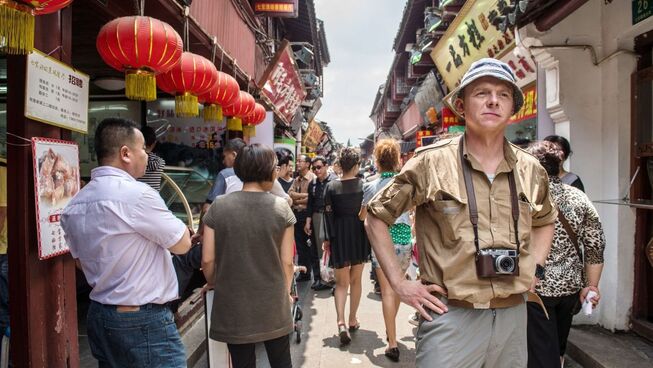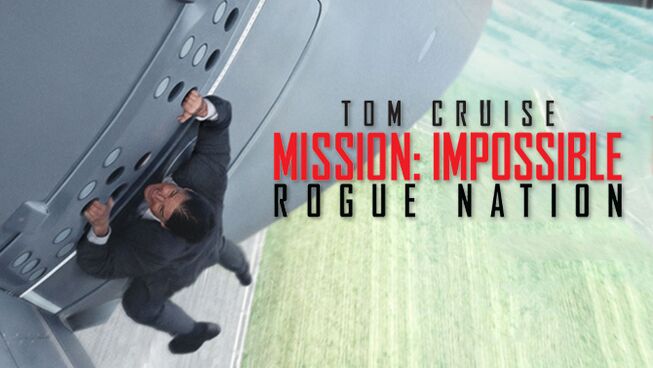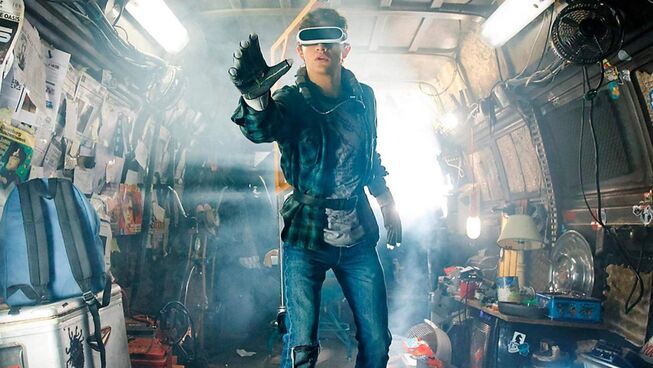
4 out of 5 stars
Hector and the Search for Happiness was a welcomed surprise. Simon Pegg (Star Trek, Shaun of the Dead) plays a psychiatrist who starts on a journey to find the secret of happiness. He and his patients seem to have everything that the world has to offer, but find that happiness seems to elude them. He has a beautiful and caring girlfriend, Clara (Rosamund Pike), regular paying patients, a nice flat in London, but cannot seem to find satisfaction in his life. He determines to take a journey around the world to find the answer to his and other's questions of happiness. He travels from China to Africa to Los Angeles and is exposed to different potential instances of happiness in wealth, poverty, religion, academia and human survival. With Pegg as the lead, there is an expected humour and sardonic wit, but he manages to handle the serious side of this topic well. The film is beautifully cast and the director, Peter Chelsom (Serendipity) manages to develop a new spin on the romantic 'dramady.' The film does not seem to fit into any one genre comfortably and must have caused headaches for the marketing team. Is it an an art house film, a satire or a romantic comedy? Many may miss this film, because it does not seem to fit any single genre within the cinematic world. This would be unfortunate, because Hector's journey is worth experiencing.
Chelsom's narrative style worked well on the screen. The simple animation and scrolled diary entry style helped to move the journey along without distraction. Plummer's narrator gives the necessary insights into Hector's thoughts and life and provides the needed story bridges. The writing was not groundbreaking, but the originality of the characters did allow the actors to develop throughout the film. The cinematography was not to the level of The Secret Life of Walter Mitty, but the way that Chelsom filmed the different cultures helped to make them into supporting characters in the film. The cultures became the necessary backdrop for the story itself. Hector's journey could be seen in the pace of China, the beauty of the Himalayas and the poverty of Africa. The people and the countries helped communicate that happiness was not based on geography, but could be found anywhere.
As a lead, Simon Pegg is proving to have a depth in his acting and brings a comedic edge to this meditative character. The chemistry between Pegg and Pike is fascinating to watch. They convey a stale and troubled relationship, but they seem to be made for one another and long to know more about one another. The dramatic tension that exists between them would cause many to relate to their predicament and to sympathise with Hector's need for a life change. But as the geographic distance between them grows the desperate connection between this couple grows for the sake of the storyline. Pegg and Pike are supported by an amazing cast of characters, such as Jean Reno, Toni Collette and Christopher Plummer, who manage to enhance the film without stealing it. The culmination of the story builds to a predictable, but satisfying conclusion. Hector's journey does provide a multitude of answers to the question of happiness, some more satisfying that others, but he manages to see that the real answer is actually more simple and accessible than he originally thought.
The film is hard to categorise. It is meant for a mature audience, due to language, adult situations and brief nudity, but it would be worth seeing for engaging in the question of happiness. The best line in the film is 'The secret is not in the pursuit of happiness, but realising happiness is found in the pursuit.' Happiness is not what we should be striving to achieve, but understanding that it is merely a by-product of the life we pursue. Happiness is depicted in the film through material possessions, the appreciation of life, family, moving on in life and in relationships. Yet all of them allow for a taste of happiness they still seem to miss giving a satisfactory answer.
The film falls short of truly answering the question, because it neglects to incorporate God into the picture. There is a brief nod to the spiritual in the Himalayas, but the power still seemed to remain within the hands of mankind. The reality of happiness is that it is merely a by-product of the joy that can only truly be found through Jesus Christ. There might be a glimmer of this joy found in the good things of life such as nature, family, or friends, but it never quite meets the surpassing joy that can be found in God. This film does a brilliant job of portraying the journey to true happiness and is worth seeing, but in your own journey do not let this be the only consideration of joy and happiness.
Leaving the cinema...
This was a film that was a welcomed surprise. Going in with the expectation of a dark end to the search of happiness, this film turned out to be a true joy. Because the film does not seem to fit within a specific genre, it will have a difficult time finding a place in the market, but this should not cause adults to hesitate seeing this film at your local art house cinema. Even though the message fell a bit short, it made me happy that I went to experience Hector's Pursuit of Happiness.
What are some of the bigger questions to consider from this film?
1. What does the Bible have to say about happiness? (Psalm 37:4, 1 Peter 4:12)
2. How should we respond to what life brings? (James1:2-4, 1 Peter 5:10)
3. Where can we find real love, hope and joy in this broken world? (Acts 24:14-16, Romans 8:24)








